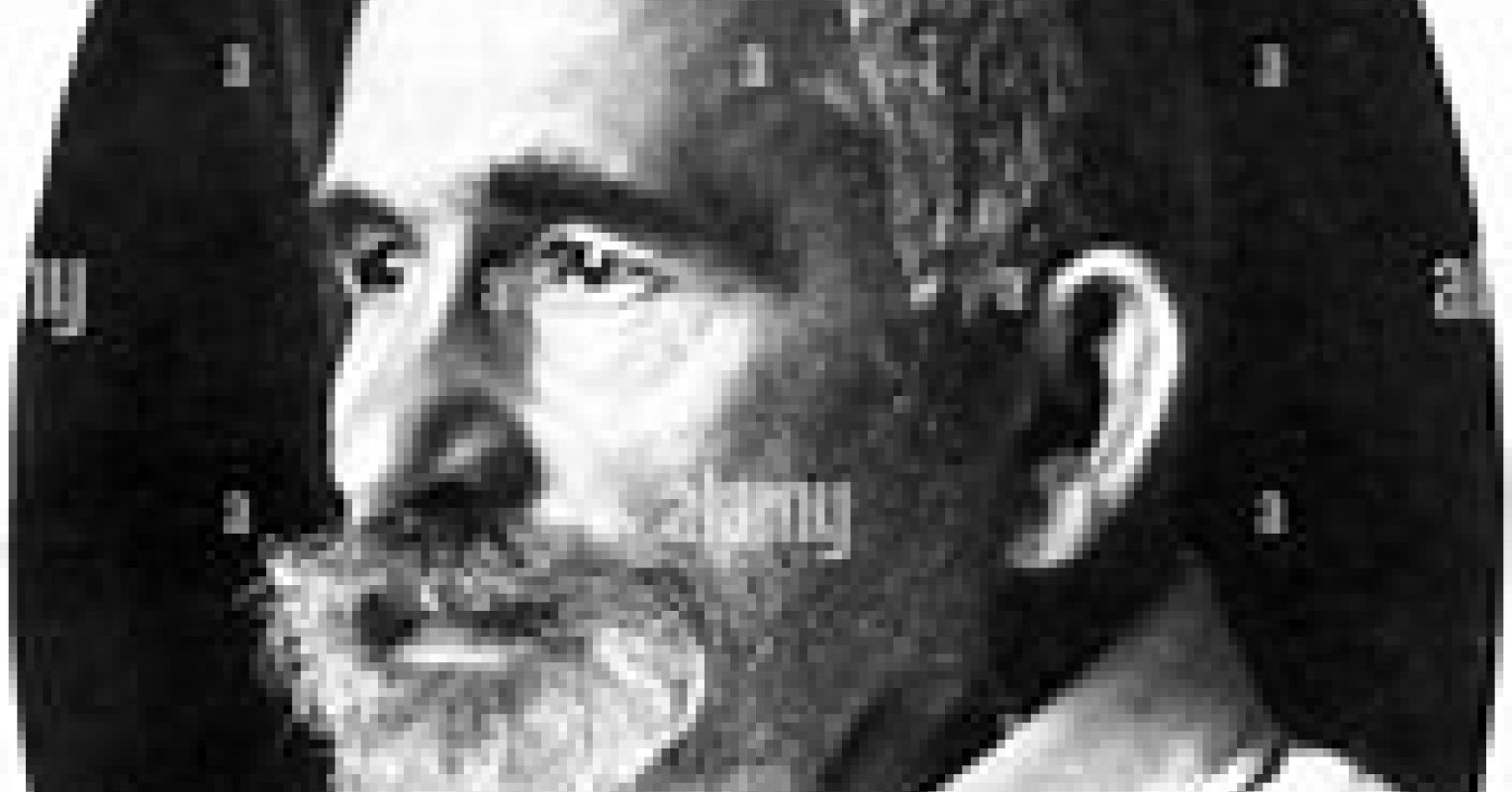
"In the late 1800s, a German psychiatrist named Emil Kraepelin declared that madness was actually a variety of madnesses, each with its own title and disease process in the brain. Human consciousness, distressed or otherwise, went from representing something a person was to something they had. Kraepelin's biological thinking had, in a way no one had thought of yet, flattened the hard problem."
"Kraepelin had sad eyes under heavy brows, a hairline that receded, and a moustache and beard that grew bushier and whiter as he aged. He became one of those men who could be tapped to wear a Santa suit, though he'd have made a depressing Santa. Kraepelin fed patients alcohol, coffee, and tea and tested their reactions. He also tried hypnosis and hypnotized, according to his memoir, lizards and lobsters."
A 1998 bet predicted the 'hard problem' of consciousness would be solved within 25 years, and neuroimaging advances revealed active brain areas by tracking oxygen, yet the fundamental question remained unresolved. In 2023 the bet was conceded. Emil Kraepelin in the late 1800s recast madness as multiple distinct diseases with brain-based processes, shifting consciousness from an identity marker to a condition people could possess. Kraepelin labeled conditions such as schizophrenia, bipolar disorder, and depression as brain malfunctions, experimented with substances and hypnosis, and influenced a generation of clinicians who later became implicated in Nazi medical abuses by adopting his biological framework.
Read at Psychology Today
Unable to calculate read time
Collection
[
|
...
]